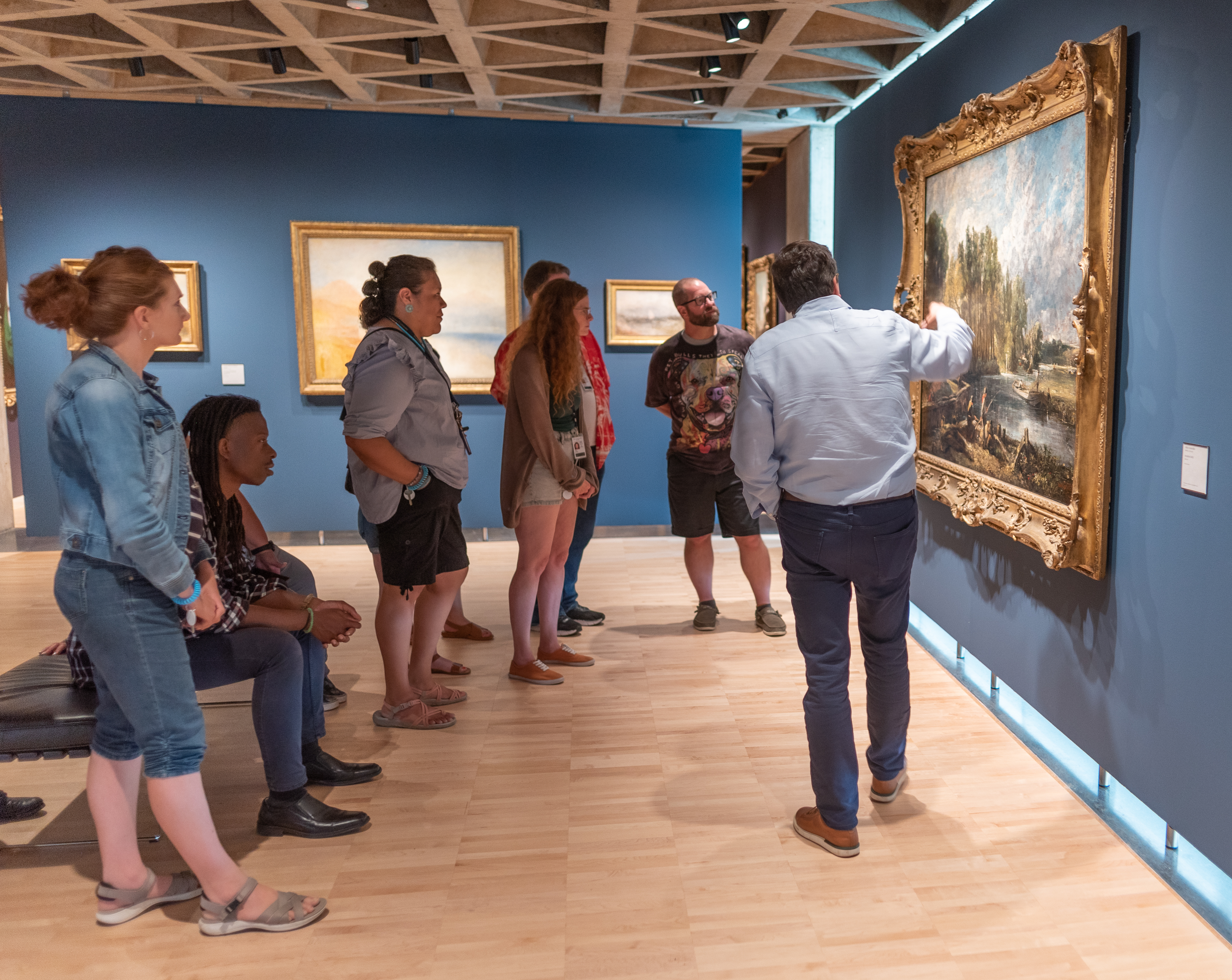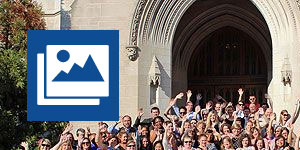Howe's unit, "Desert Fever: A Student-Centered Approach to Learning about the Middle East," teaches students about Egypt, Iraq, Israel, and Saudi Arabia. Intended for language arts and social studies, the unit integrates geography and history while involving students in research, problem-solving and oral presentations. Howe's rationale was that "these countries have just enough in common, and provide just enough contrast, to make for a unit that is sure to be both educational" and enguging.
As the video shows, each fourth-grade student learned about a particular aspect of life in one of the four countries and shared that information with a small group of classmates. Ultimately, each student played a role in the development of the class's board game. According to Howe, the students "learned about other cultures, other worlds that aren't always so different from their own," once common themes of family and humanity were juxtaposed with the complexities of religion, nationality, and politics.
The 2002 seminar in which Howe participated was organized to respond to teachers' requests for an offering that would help them answer students' questions after the events of September 11, 2001. "The Middle East in Film and Literature" combined an examination of history and public policy with an introduction to the cultures of the region. Led by political scientist Ellen Lust-Okar, the seminar was designed to enrich Fellows' teaching of art and video production as well as written and oral expression, investigation, and social studies.





